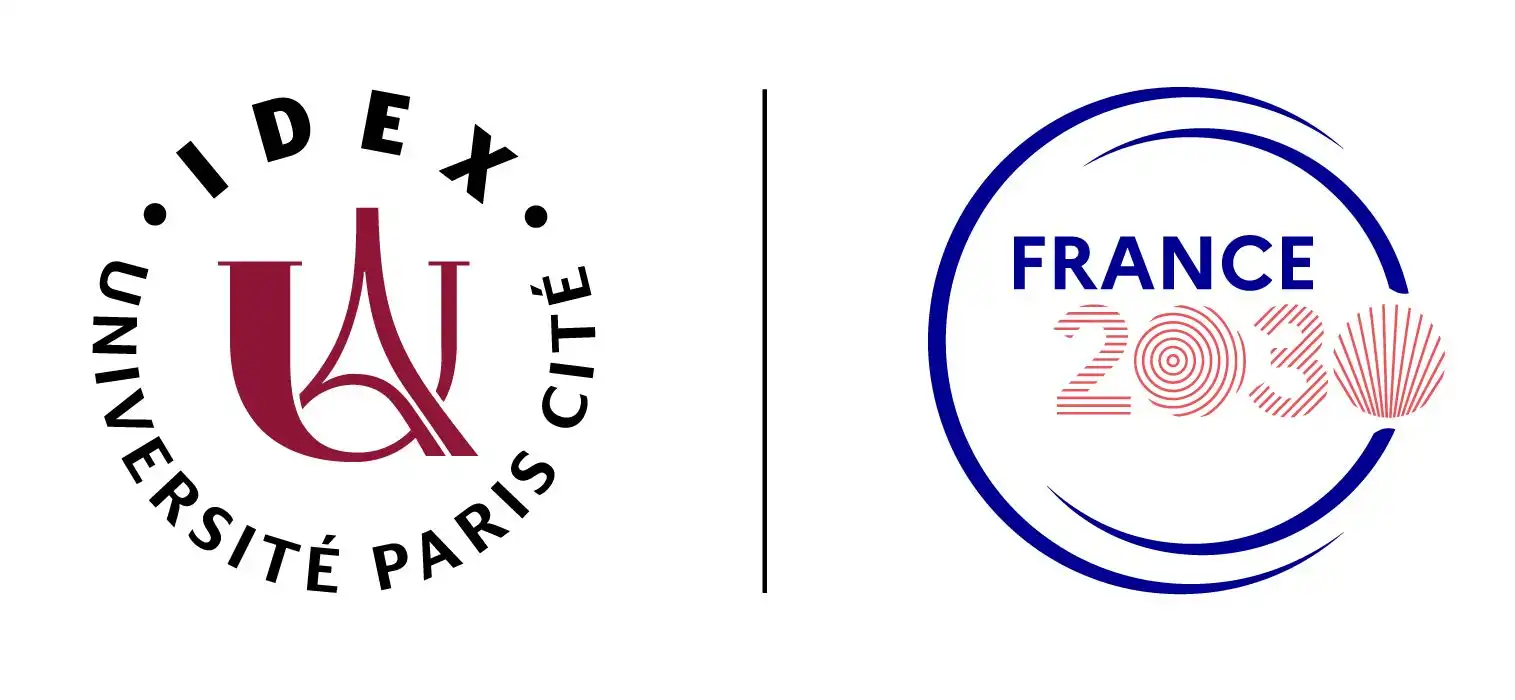
Home>The Laboratory>About the LIEPP
The Laboratory for Interdisciplinary Evaluation of Public Policies (LIEPP)
A multidisciplinary research centre specialised in public policy evaluation
The Laboratory for Interdisciplinary Evaluation of Public Policies (LIEPP) is a Sciences Po research platform funded with the support of the France 2030 investment plan through IdEx Université Paris Cité. Created in 2011, this laboratory is redeployed from 2020 in partnership with Université de Paris. Its aim is to develop the evaluation of public policies through an interdisciplinary scientific approach.
The research carried out at LIEPP analyses the functioning and effects of many public policies such as education policies, environmental policies, migration policies, health policies, social and socio-fiscal policies. They address, in a transversal approach, the dimensions of public policies of major societal issues, such as environmental risks, inequalities, discrimination, the crisis of expertise and democracy.
LIEPP is based on an innovative evaluative research approach, combining quantitative, qualitative and comparative methods, and combining a high level of scientific requirements with the concern for the dissemination and translation of research results among public actors.
Through its activities, LIEPP works to better anchor the approach of evaluation in academic research in the social sciences. But it also works in connection with experimental sciences, particularly in the context of collaborations between University of Paris and Sciences Po, to better connect this knowledge to their consequences for public action. Finally, in the sphere of public policy, it contributes to the public debate and reflections on evaluation involving other actors (administrative, parliamentary, associations, etc.), with a view to promoting the process of evaluation and improving its quality.
Thematically, LIEPP's activities are mainly structured around six main research areas:
LIEPP raises awareness among future public policy makers in France about the issues and methods of policy evaluation by offering training in evaluation methods through courses, conferences and professional training.
The laboratory contributes to the public debate and reflections on evaluation involving other actors (administrative, parliamentary, associations, etc.), with a view to promoting the evaluation process and improving its quality. LIEPP has a network of non-academic partners with public institutions responsible for evaluations and public actors who request and use evaluations. These collaborations and partnerships are developed in compliance with a charter of ethics, which guarantees the independence and neutrality of the research carried out within the laboratory. Finally, LIEPP has its own collection of publications, in open access, and within which, the series of policy briefs aims to reach an audience beyond the academic world.
All the projects carried out at LIEPP are supported by the France 2030 investment plan through IdEx Université Paris Cité (ANR-18-IDEX-0001).
Scientific project, Sciences Po - LIEPP, Interdisciplinary research center for the evaluation of public policies by Etienne Wasmer and Cornelia Woll.

